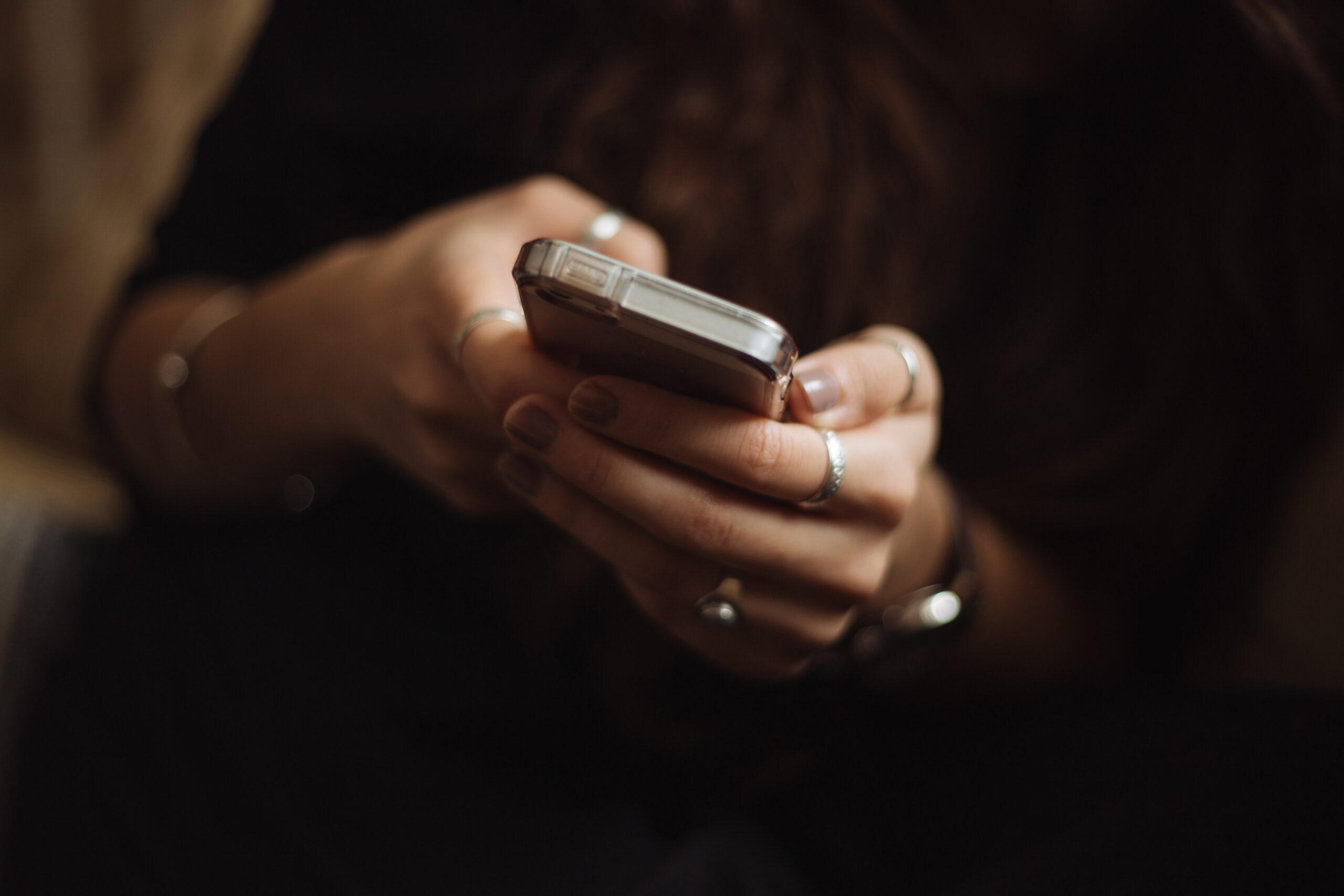In today’s digital age, mobile phones have become an essential part of our lives. We use them for communication, entertainment, and even financial transactions. With the increasing reliance on mobile phones, it is crucial to prioritize mobile phone privacy and security to protect our personal information and prevent unauthorized access.
The Risks of Mobile Phone Privacy Breaches
Mobile phone privacy breaches can have severe consequences, both personally and financially. Hackers and cybercriminals are constantly finding new ways to exploit vulnerabilities in mobile devices to gain access to sensitive information. Here are some of the risks associated with mobile phone privacy breaches:
- Identity Theft: If a hacker gains access to your personal information, they can use it to impersonate you and carry out fraudulent activities.
- Financial Loss: Breaching your mobile phone’s security can lead to unauthorized access to your banking and financial accounts, resulting in financial loss.
- Data Breaches: Your mobile phone stores a vast amount of personal data, including contacts, messages, photos, and even location information. A privacy breach can expose all this data to unauthorized individuals.
- Malware Attacks: Mobile phones are susceptible to malware attacks, which can compromise your device’s security and expose your personal information.
Tips for Enhancing Mobile Phone Privacy and Security
Protecting your mobile phone’s privacy and security should be a priority. Here are some essential tips to help you enhance your mobile phone’s privacy and security:
- Use Strong Passwords: Set a strong password or passcode for your mobile phone. Avoid using easily guessable passwords like birth dates or sequential numbers.
- Keep Your Software Updated: Regularly update your mobile phone’s operating system and applications. Updates often include security patches that address vulnerabilities.
- Be Cautious of Public Wi-Fi: Avoid connecting to unsecured public Wi-Fi networks as they can be easily compromised. If you must use public Wi-Fi, consider using a virtual private network (VPN) to encrypt your data.
- Enable Two-Factor Authentication: Enable two-factor authentication for your accounts whenever possible. This adds an extra layer of security by requiring a verification code in addition to your password.
- Install a Reliable Security App: Install a reputable mobile security app that offers features like antivirus protection, anti-malware scanning, and remote device tracking and wiping.
Protecting Your Personal Data
Your mobile phone holds a treasure trove of personal data, and it is essential to protect it. Here are some additional steps you can take to safeguard your personal information:
- Review App Permissions: Regularly review the permissions granted to apps on your mobile phone. Only grant necessary permissions to ensure apps are not accessing more data than required.
- Use Secure Messaging Apps: Opt for secure messaging apps that offer end-to-end encryption to protect your conversations from unauthorized access.
- Backup Your Data: Regularly backup your mobile phone’s data to a secure location. This ensures that even if your device is compromised, you can still recover your important information.
- Be Mindful of Phishing Attempts: Be cautious of suspicious emails, text messages, or calls asking for personal information. Avoid clicking on suspicious links or providing sensitive information to unknown sources.
Conclusion
Mobile phone privacy and security are paramount in today’s digital world. By following the tips mentioned above and being cautious of potential risks, you can protect your personal information and reduce the chances of falling victim to privacy breaches or cyberattacks. Remember, prevention is always better than cure when it comes to mobile phone privacy and security.
